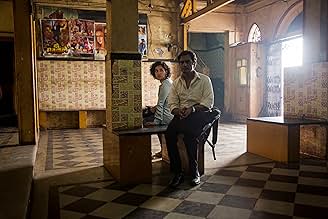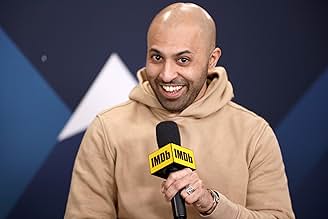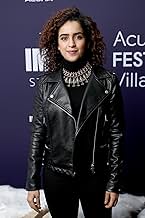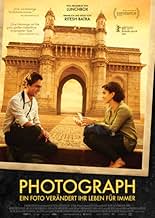The city's love affair with unusual encounters is an element that sets it apart, and having stayed in Mumbai for over two decades, like most other Mumbaikars, there exists a set of people, and stories, and conversations that I keep going back to.
To story of Photograph focuses on one such peculiar encounter that eventually translates into an unexpected connection. Rafique and Miloni meet by chance, and a product of that moment gives them disparate reasons to meet again. The screenplay convincingly lets the viewers comprehend the circumstances the protagonists are accustomed to through little, insignificant instances; Ritesh Batra's tendency to not be too loud and lucid replenishes the cinematic narration with a pinch of exquisiteness. The role of supporting characters is vital, because it is their expectations that largely dictate the protaganists' actions. To argue that the plot is unrealistic may not be entirely authentic, especially because almost every decision that Rafique and Miloni resort to is bolstered by the desire to divert from what is usual, to avoid what is mundane. However, if the writer compulsorily asks me to point out an element that is unrealistic, I would probably tell him that it is impossible for a CA Inter student to take out time for such lengthy hangouts.
The entire cast is spectacular. Nawazuddin Siddiqui is a natural, and it is phenomenal to witness him stick to his character throughout the run-time. Sanya Malhotra wonderfully portrays the introverted Miloni, who also harbors a quotient of curiosity. Farrukh Jafar as Dadi, and Geetanjali Kulkarni as Rampyari put up brilliant performances. Saharsh Shukla and Sachin Khedekar are impressive as well. Vijay Raaz, in an unpredictable role, is refreshing as ever. Jim Sarbh is decent. Ritesh Batra, who delivers a convincing comeback, is an artist that the industry must be proud of.
Photograph is a film that thrives on silences, and it is beautiful to acknowledge how, at times, they overcompensate for the absence of words.






































